Weighing yourself every day can be unmotivating and unhealthy. And it actually doesn't mean much.
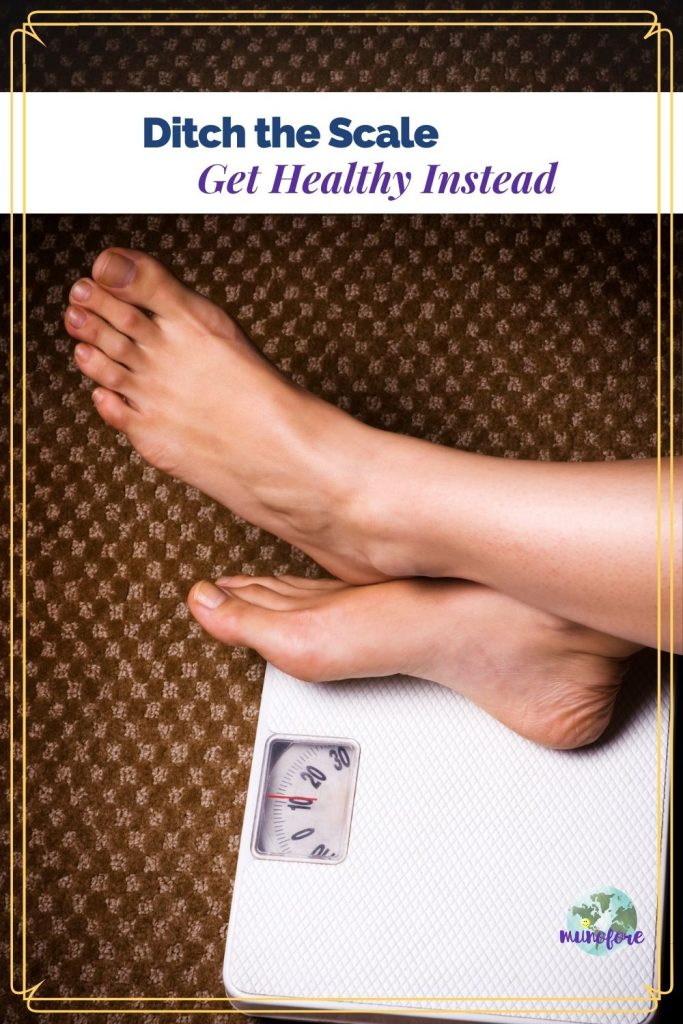
Have you ever dieted and/or exercised only to hit a plateau for weeks on end or worse the scale goes up? You think it's impossible to lose weight. You beat yourself up because the scale doesn't say what you want it to.
And then you give up or worse, do something unhealthy just to see the scale go down. You know what I mean: restrictive fad diets, "miracle" supplements, over exercising, eating disorders, etc.
Personally, I am over trying to lose weight. Instead, I am working to improve my health so I can live a long productive life.
My goals, my health, and my self worth, do not involve the scale.
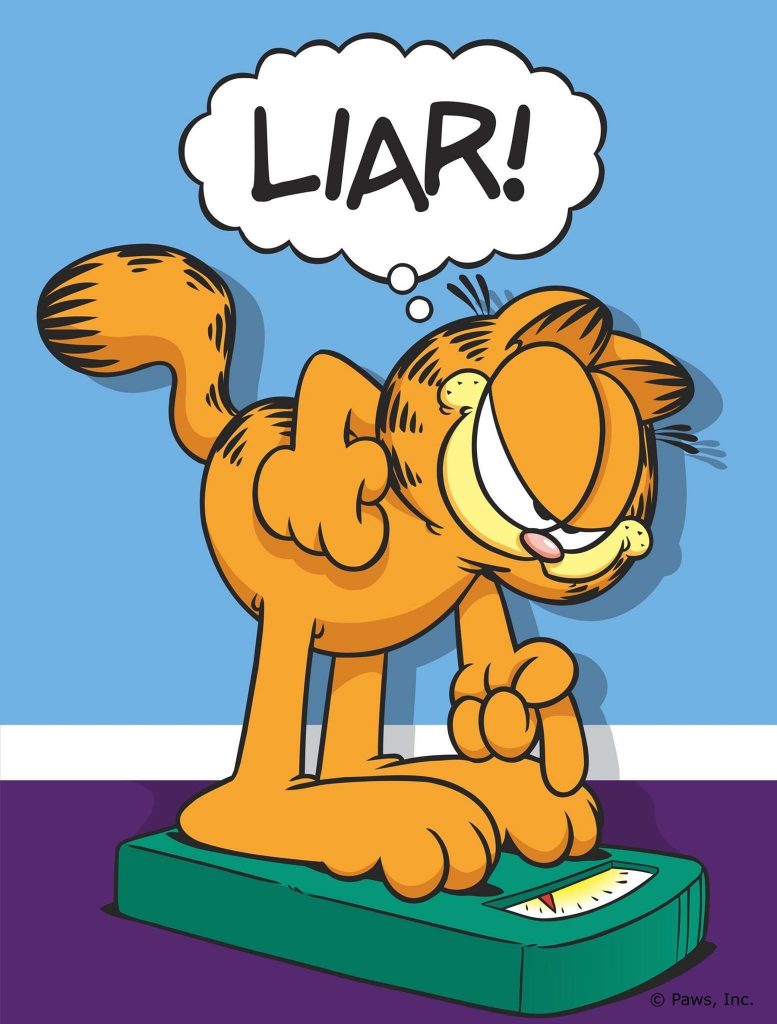
Body Weight Fluctuates During the Day
Throughout the day your body weight can naturally vary as much as 5 or 6 pounds. You can weigh yourself first thing in the morning after you "void" (go potty) then you have breakfast and weigh something else, then you workout and the scale is different again, and then you sit all day and BOOM! another weight change.
Oh, but you weigh yourself at the exact same time, every day, after voiding, wearing nothing. Surely that is accurate.
That's a big fat NOPE!
Here are just a few possible reasons that your weight may differ from day to day.
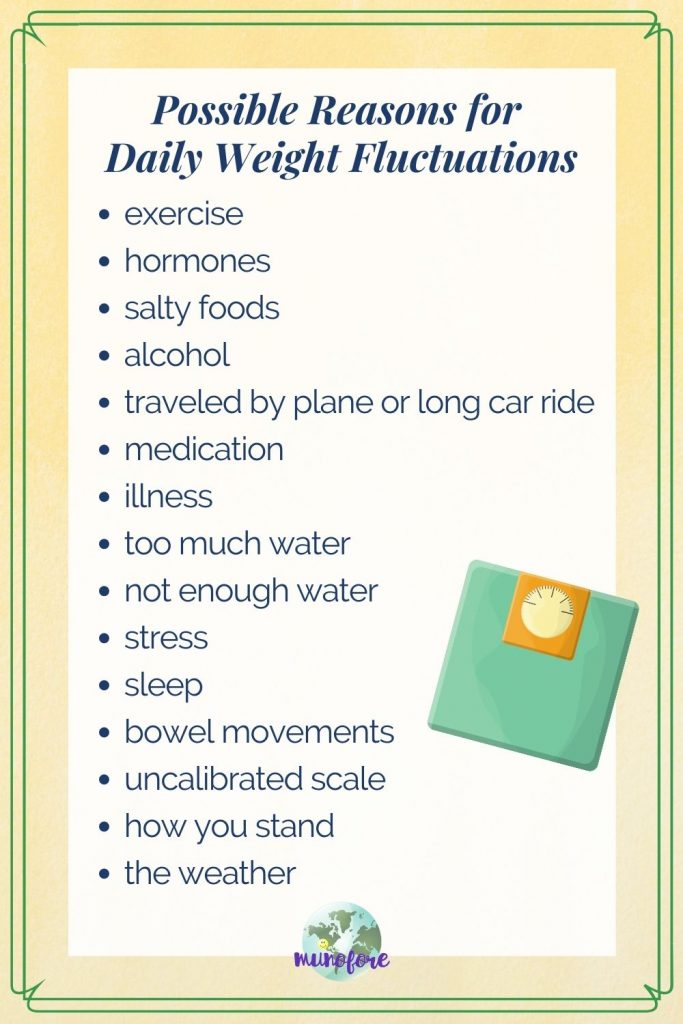
The Scale Only Measures One Thing
Would you build a house only by weighing the materials? Just ignore the length, depth, width, material composition. As long as it weighs the correct amount it'll work, right?
The scale only measures your total body weight. It does not consider your gender, height or the composition (muscle, fat, bones and other stuff).
Men and women have different bone density. Bone density can also vary with activity and age. The scale doesn't account for that.
Muscle weighs more than fat. No, a pound of muscle weighs the same as a pound of lead and a pound fat. A pound is a pound.
BUT, a pound of fat takes up more space than a pound of muscle. A cubic inch of fat weighs less than a cubic inch of muscle. And it acts differently in your body too. Fat sits there taking up space, muscles are hungry buggers that eat a lot (i.e. burn more calories).
The scale says I have lost 20 pounds. But, have I actually lost 30 pounds of fat while gaining 10 pounds of muscle at the same time? The scale can't tell me.
The Bogus Measurement Index (BMI)?
The Body Mass Index is a ratio of height and weight.
According to the magic chart, three people weighing 155 pounds with different heights would be classified differently. A 5'0" person would be obese, while a 5'5" person would be overweight and someone at 5'10" is normal.

Based on the BMI, Usain Bolt, the world class sprinter, is overweight. Super Bowl quarterback Russel Wilson is obese. Most supermodels are classified as severely underweight.
Some charts adjust for gender and age, but they still ignore body composition. And the classifications can seem like condemnations without perspective.
You can get more info on BMI here. But basically, study after study shows that it is also a poor indicator of an individuals overall health.
Body Weight is Only One Health Measurement
Besides being potentially inaccurate, body weight (and the corresponding BMI) is only one measurement of your overall health.
A few health factors not reflected by your body weight:
- resting heart rate
- blood pressure
- blood cholesterol level
- blood glucose level
- waist to height ratio
- percentage of body fat
- muscle strength, flexibility and endurance
- cardiovascular endurance
- freedom from disease
I could be in the "normal" weight range yet have high blood pressure and not be able to run a mile without keeling over.
But, the scale says I am healthy.
Which is why I no longer have scale goals. I have fitness goals.
Keep it in Perspective or Stay Off the Scale
If weighing yourself daily helps you to make healthier food choices and be more active than keep doing you.
But, if it discourages you not to see the scale move and you are tempted to try an unhealthy, unsustainable diet or exercise program or even give up the solution is simple.
STOP weighing yourself.
Try tracking calories consumed and expended (what you eat and how much you move) for a month. Move more and eat healthier, whatever that is for you, and see if you look and feel better.
Then keep going towards a healthier more fit you.













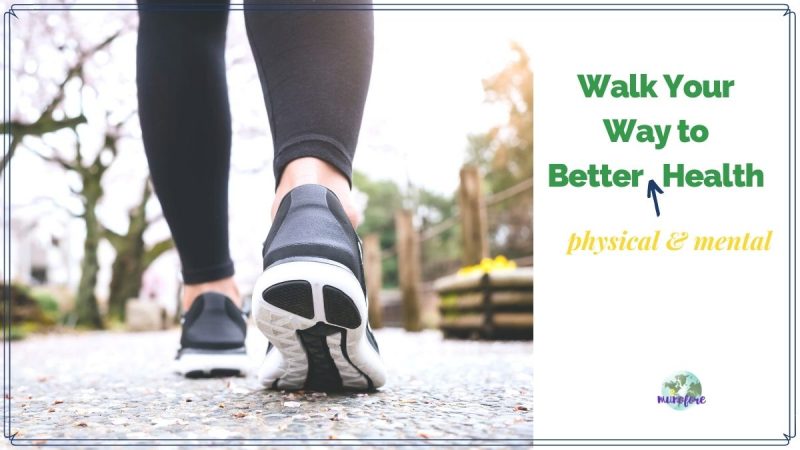
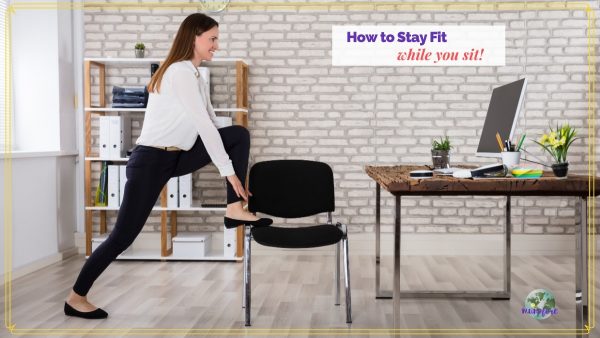

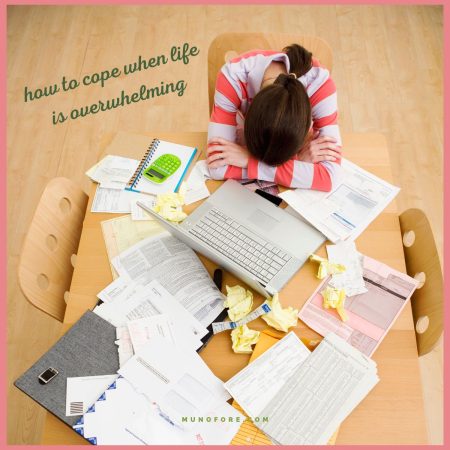

Leave a Reply